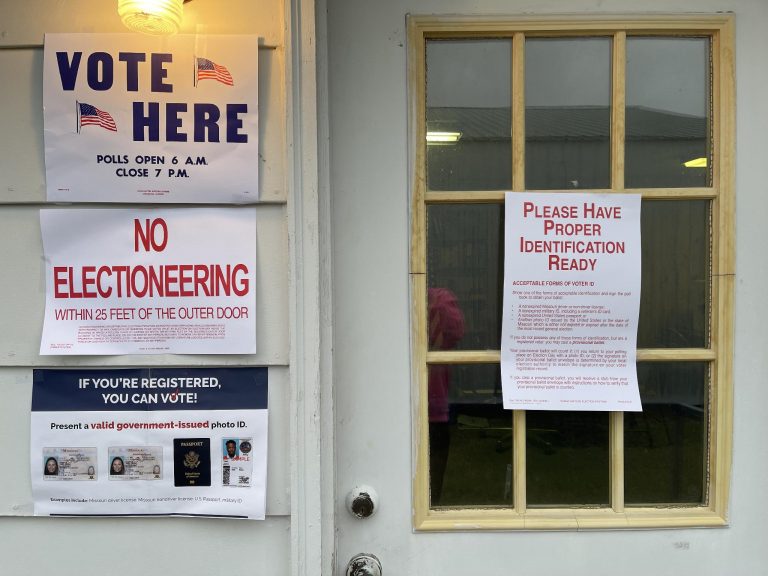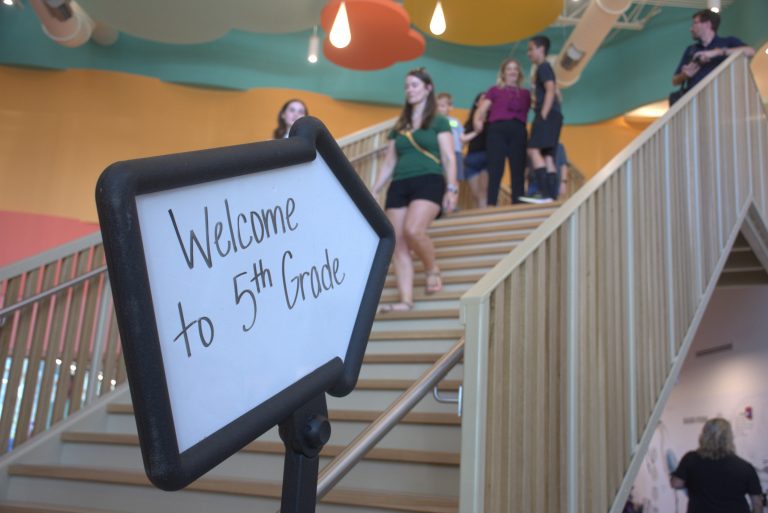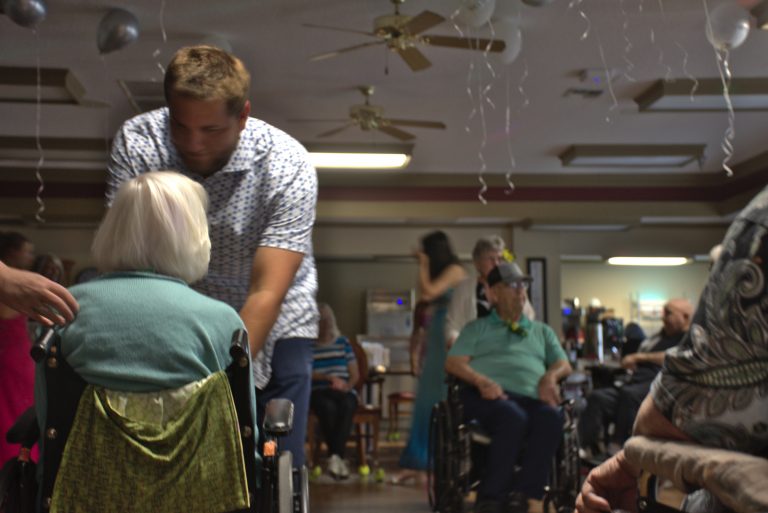Saline County Clerk seeks election judges for upcoming elections
By Whitney Barnes
Staff Writer
You’ve seen them sitting behind the tables when you visit your local polling place to vote. They are the ones who scan your identification and hand you your ballot. But have you ever wondered how they ended up there or what their other roles are?
Elections are a crucial part of our democracy. No country can truly be democratic until all its citizens have the opportunity to choose their representatives through elections that are both fair and free.
One way to ensure a fair election is to have a bipartisan team of election judges at each polling location to oversee the election process on election day. According to sosmt.gov, in the United States, over 1.4 million citizens serve as election judges. On election day, the “people on the ground” – election judges – are responsible for ensuring that a citizen’s right to vote and have that vote counted is upheld.
Before getting started at the polls on election day, the work of the election judge has already begun. Training sessions are held before the election, where election judges can learn how to use the voting machines, and poll pads and how to fill out all the necessary election forms and affidavits.
On the day of the election, the election judge’s roles include setting up, opening, and closing the polling place, checking in voters, ensuring voters are qualified to vote, and that each qualified voter only votes once. They must also ensure that all votes are cast in secret. Judges are also there to give instructions when needed and aid handicapped voters.
Maintaining the security of the election is the primary role of the election judge. This is done by swearing in the bipartisan judges, who swear an oath to impartially discharge their duties according to the law, to the best of their ability, and that they will not disclose how any voter has voted. They also affirm that they will not allow any person to vote who is not entitled to vote and make no statement nor give any information tending in any way to show the state of the count, prior to the close of the polls on election day. Judges are also required to check the security tags on the voting equipment before and after the election to ensure that nothing has been tampered with throughout the day.
Throughout the day, the bipartisan team is responsible for personally signing each ballot and ensuring that every voter gets the correct ballot style. They must also ensure that the vote is accepted by the voting equipment.
Election judges are responsible for the security and chain of custody of all election materials, which means they must remain at their polling place for the entire day.
Election judges must report to their assigned polling place by 5 a.m. At this time, they will power on the voting equipment and post all signage. Polls close at 7 p.m. sharp. Election judges are responsible for counting their ballots before leaving their polling location to ensure that each and every vote is accounted for. After counting the ballots, judges are responsible for restoring the polling place to its original state, powering down and locking up all equipment, and making sure that all the required election forms have been completed.
Election officials then transport both the tabulator from the voting machine and the paper ballots to the County Clerk’s office, where the election judge’s duties end.
Being an election judge requires a long day, so they need to get adequate sleep the night before. Some other tips for making the day more enjoyable include wearing comfortable clothing, taking lunches and breaks when available, and bringing something along to help pass the time, such as books or puzzles.
According to the Missouri Secretary of State’s website, the requirements to be an election judge are: to be a registered voter, able to speak, read, and write English, not appear on the current ballot or have a close relative appear on the current ballot, and not hold elective office at the time of service as a poll worker. Exceptions to the elective office provision include a political party committee, township office, and board or commission member of a political subdivision or special district (unless an issue or candidate relevant to that entity is on the ballot where you are working).
Saline County citizens have two more opportunities this year to be an election judge. County Clerk Brittni Burton stated they are seeking 84 election judges for the August 6 Primary Election and 84 election judges for the November 5 General Election.
“I also want to have backup poll workers, because life happens, and I’d like to have some people on standby,” she explained.
Poll workers are compensated for their service on election day.
“I believe every voter should work the polls at least once in their lifetime,” Burton said. “I think it gives individuals an insight into what actually goes into an election. As a poll worker, you are playing a vital role in the election process. You are also serving your community, making new friends, and making some extra money while ensuring Saline County elections are free and fair.”
It is imperative that we acknowledge the indispensable role of election judges in our democratic process. Without their tireless efforts, our elections would be in disarray. So let us not understate the importance of their responsibilities. They must be commended for their unwavering dedication and commitment to ensuring that all voters are treated fairly and that all votes are counted accurately.
Those interested in volunteering to be an election judge in the upcoming elections should contact the Saline County Clerk’s Office at 660-886-3331.




